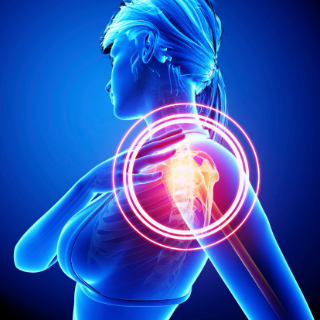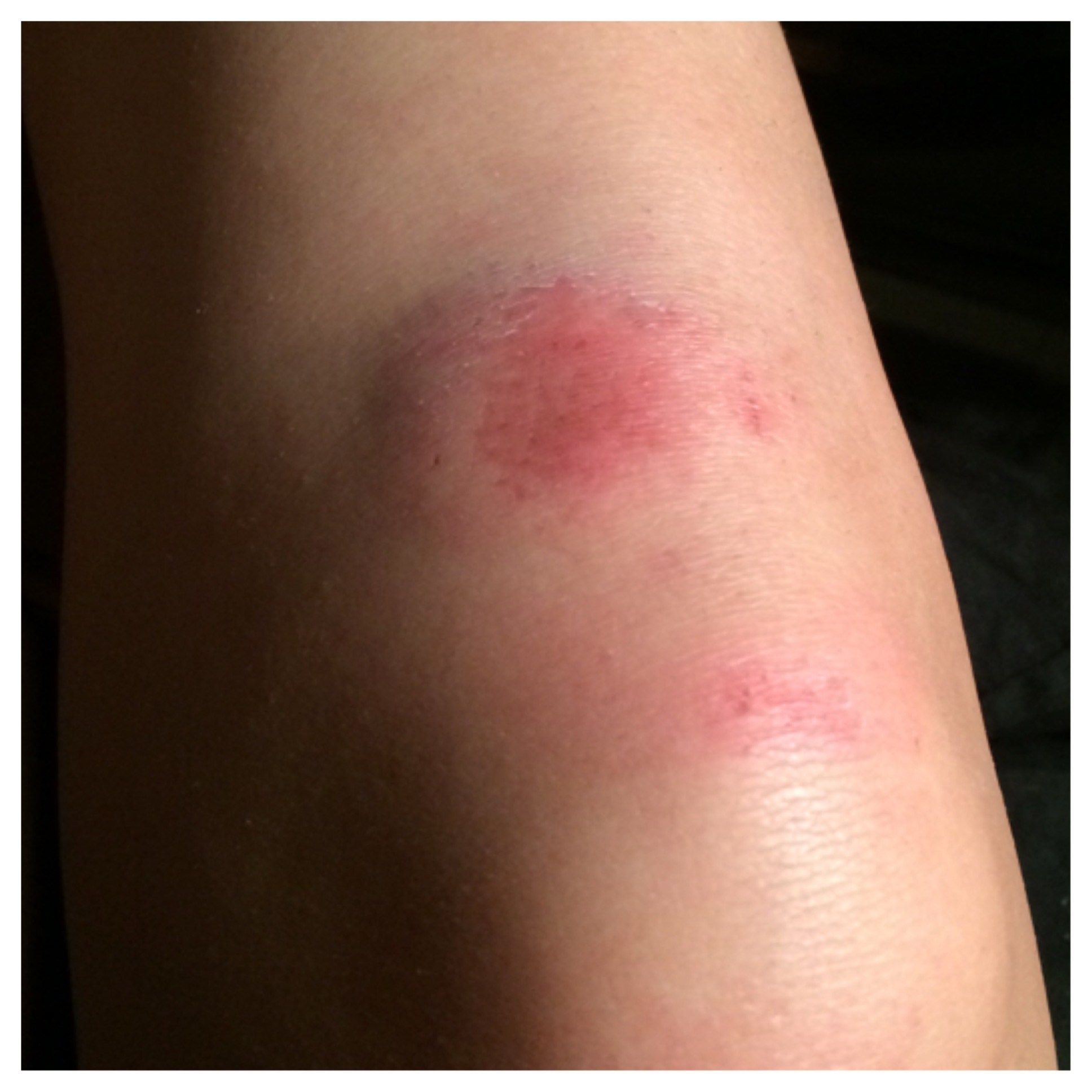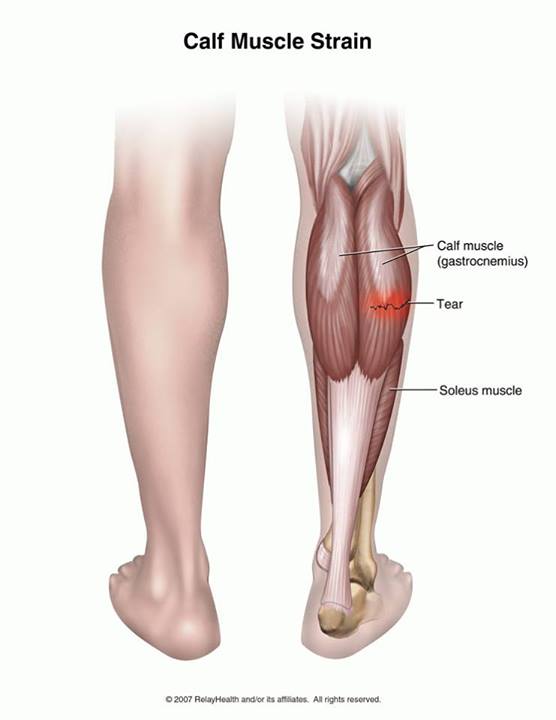Rotatorcuff injury

What is a rotator cuff injury?
A rotator cuff injury is a strain or tear in the group of tendons and muscles that hold your shoulder joint together and help move your shoulder.
Cauces of Rotator cuff injury ?
A rotator cuff injury may result from:
- Poor head and shoulder posture, especially in older people
- Using your arm to break a fall
- Falling onto your arm
- Lifting a heavy object
- Normal wear and tear in an older person
- Use of your shoulder in sports with a repetitive overhead movement, such as swimming, baseball (mainly pitchers), football, and tennis, which Gradually strains the tendon
- Painting, plastering, raking leaves, or housework
symptoms rotator cuff injury?
The symptoms of a torn rotator cuff are:
- Arm and shoulder pain
- Shoulder weakness
- Shoulder tenderness
- Loss of shoulder movement, especially raising your arm overhead
Diagnosis of rotator cuff injury?
- Your healthcare provider will examine you and check your shoulder for pain, tenderness, and loss of motion as you move your arm in all directions. Your provider will ask if your shoulder pain began suddenly or gradually. You may have an X-ray to make sure there are not any fractures or bone spurs.
- Based on these results, you may have other tests or procedures right away or later, such as:
- An MRI, which uses a magnetic field to create images of your shoulder and surrounding structures
- An arthrogram, which is an X-ray or MRI that is taken after a special dye has been injected into your shoulder joint to outline its soft structures
An ultrasound, which shows the shoulder using sound waves - Arthroscopy, a surgical procedure in which a small scope is inserted into your shoulder joint so your provider can look directly at your rotator cuff
Treatment rotator cuff injury?
A tendon in your shoulder can be inflamed, partially torn, or completely torn. What is done about it depends on how torn it is and how much it hurts.
If your tear is minor, it can be left to heal by itself if it does not interfere with your everyday activities. To treat this condition:
- Avoid strenuous activity or any overhead motion that causes pain.
- Correct your posture so that your head and shoulders are balanced.
- Put an ice pack, gel pack, or package of frozen vegetables, wrapped in a cloth on the area every 3 to 4 hours, for up to 20 minutes at a time.
- Take an anti-inflammatory such as ibuprofen, or other medicine as directed by your provider. Nonsteroidal anti-inflammatory medicines (NSAIDs) may cause stomach bleeding and other problems. These risks increase with age. Read the label and take as directed. Unless recommended by your healthcare provider, do not take for more than 10 days.
- Follow your provider’s instructions for doing exercises to help you recover. If you have a bad tear, you may need to have it repaired with arthroscopic surgery. After surgery, your treatment plan will include physical therapy to strengthen your shoulder as it heals.
How long will the effects last?
Full recovery depends on what is torn and how it is treated.
When can I return to my normal activities?
Everyone recovers from an injury at a different rate. Return to your activities depends on how soon your shoulder recovers, not by how many days or weeks it has been since your injury has occurred. In general, the longer you have symptoms before you start treatment, the longer it will take to get better. The goal of rehabilitation is to return you to your normal activities as soon as is safely possible. If you return too soon you may worsen your injury.
You may safely return to your normal activities when:
- Your injured shoulder has full range of motion without pain.
- Your injured shoulder has regained normal strength compared to the uninjured shoulder.
What can be done to help prevent another rotator cuff injury?
The best way to prevent another injury is to strengthen your shoulder muscles and do shoulder exercises. Be careful when doing repetitive overhead activities.










